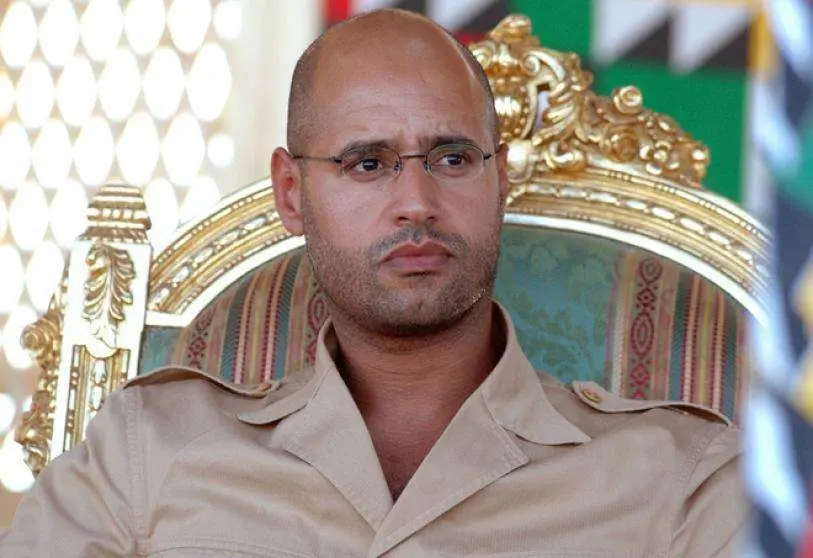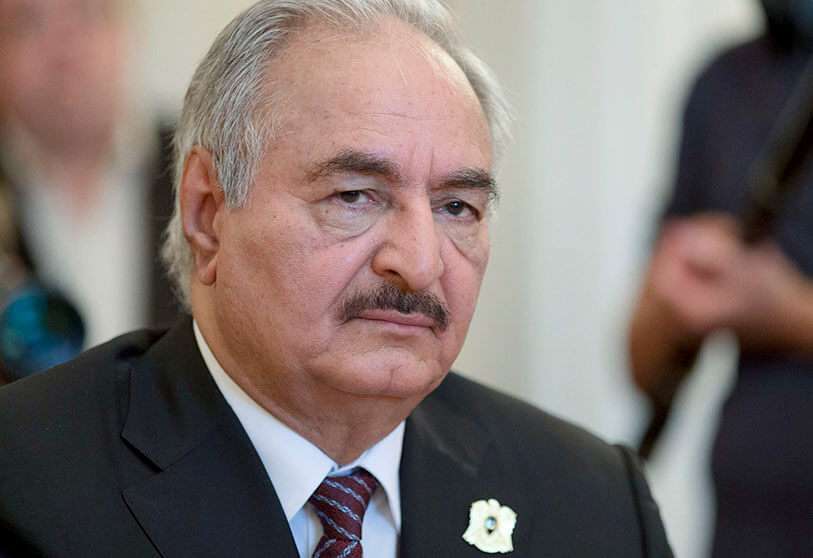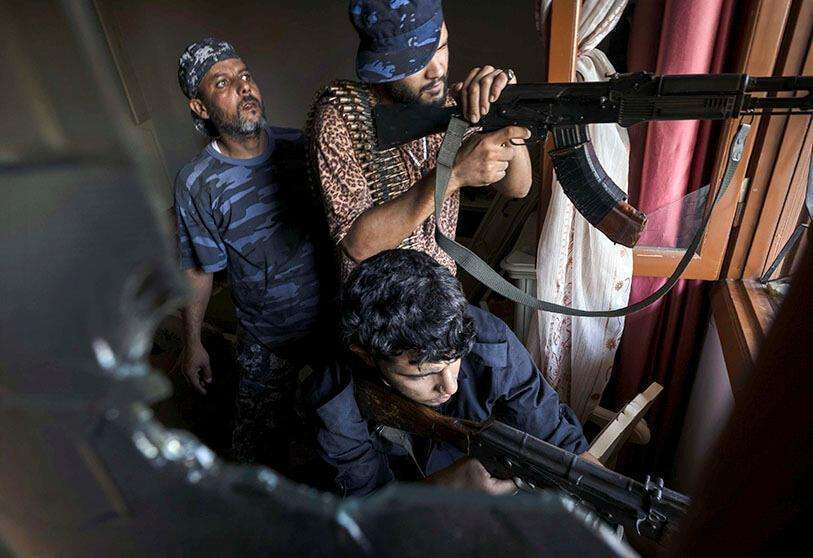Russia reportedly backing Saif al-Islam al-Gaddafi, US reports say

Presidential elections will be held in Libya next December. The elections could be the key to a return to stability after years of war. However, foreign powers in the North African country could cloud the electoral process due to attempts by some countries to support certain candidates. The upcoming elections are a major step in Libya's stabilisation process, although according to a report by the US media Bloomberg, certain countries will use the vote to further gain influence in the region.
The US portal cites Russia in particular, which is reportedly supporting Saif al-Islam Gaddafi, son of the late leader Muammar Gaddafi. This presents a challenge to other powers with a presence in Libya, such as the United States, Turkey and Europe.
Bloomberg points to a US State Department report on "serious threats to regional stability and global commerce" posed by foreign actors in the Libyan conflict. The text highlights the role of Russia and its "destabilising" influence. According to the website, Moscow is reportedly pressuring Khalifa Haftar to support his rival, Saif al-Islam, in what may be an "unbeatable electoral alliance". However, according to Libyan sources, Haftar prefers to run for the presidency on his own.

Russia's plan to back Gaddafi's son in the Libyan elections could be supported by Egypt. Two Moscow sources reported that Russia 'relies on Egyptian help', according to Bloomberg. The United Arab Emirates and France, on the other hand, oppose the plan.
Russian Middle East expert Irina Zviagelskaya said that Moscow "needs to work with more powers, because the Kremlin is interested in Libya's stability". "Gaddafi managed to maintain the cohesion of the country and avoid chaos and war, like Saddam Hussein in Iraq," she added. Stability and security in Libya are also needed in the economic and commercial sphere. The African country has the largest amount of crude oil reserves on the continent. The wars in the country have damaged the oil sector. Last July Libyan daily oil production fell to 1.17 million barrels. Before the 2011 war it produced 1.6 million barrels a day, and 3 million in the 1970s.
Despite the chaotic political and social landscape, some international companies continue to work on Libyan territory, such as Italy's Eni, France's Total, Spain's Repsol and Russia's Gazprom.
On 5 August, the Libyan Public Prosecutor's Office issued an arrest warrant for Saif al-Islam for his alleged links to the Russian mercenaries of the Wagner group, who operate in Libya in support of Haftar. However, Saif al-Islam has been suspected for years of having connections to Russia. Several international media have reported meetings between Gaddafi's son and Russian authorities.
Maxim Shugaley was arrested in Tripoli in May 2019 for espionage. The Russian citizen was accused of working for Yevgeny Prigozhin, a businessman close to Vladimir Putin. Shugaley had reportedly met several times with Saif al-Islam as part of a plan to bring him to power in Libya. "If Russia had had its way, we would have had Saif al-Islam Gaddafi giving his victory speech in Tripoli's famous Martyrs' Square," a Libyan intelligence official told the BBC.

However, Russia is not the only country present in Libya. Turkey also sends mercenaries to Libyan territory to support the Government of National Accord in Tripoli, which is at loggerheads with Haftar. This issue has been addressed on several occasions by the international community in order to put an end to this foreign presence that hinders the stabilisation process in Libya. In view of the upcoming elections, the United Nations has warned that the presence of foreign mercenaries presents an obstacle to the elections.
"Nine months after the ceasefire agreement calling for the withdrawal of foreign forces and mercenaries from Libya, mercenaries and private military and security contractors continue to operate in the country," laments Jalena Aparac, chair of the UN Working Group on the use of mercenaries.










